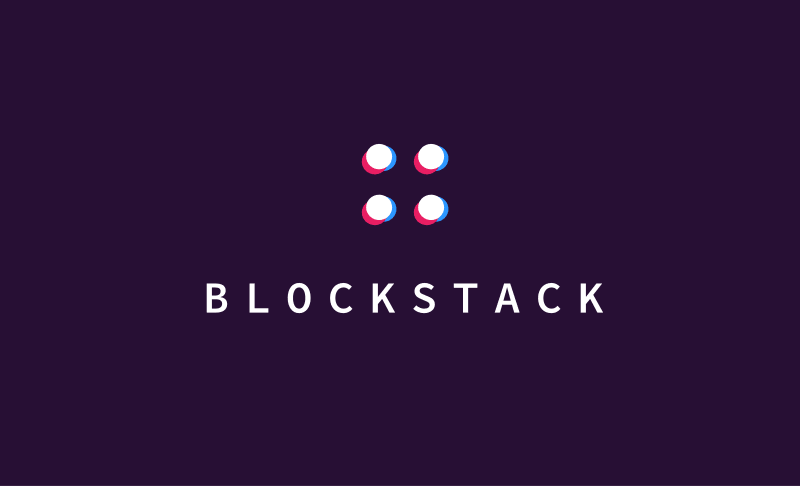“We present the design and implementation of a new
internet, called Blockstack, where users don’t need to trust remote servers. We remove
any trust points from the middle of the network and use blockchains to secure critical
data bindings. Blockstack implements services for identity, discovery, and storage and
can survive failures of underlying blockchains.”
Wow, a new Internet! this must be awesome, but, what does that even mean? In this blog post I will explore Blockstack and attempt to put it in a way that both techies and non-techies can understand it.
The original concept of the Internet was that anyone could be able to communicate freely over an open communication channel without involving third parties in the process. In the original concept of the Internet, I was supposed to email you, and only you would be able to read that email and reply to me, privately, without no-one snooping into the conversation. On this Internet I could create a webpage, put whatever I want on it and have people all around the world interacting with me (this is still true to some extent)
Today, those email services turned into data farms that harvest your data and analyze every email sent/received to have ads follow you everywhere. Today, putting up a website means you have you play nice with Google and Facebook (ie. by their rules) or few people would be able to find you.
These are just a couple of examples on how what the Internet should have been is no longer true. Enter Blockstack.
Blockstack makes all these big players giant “data lockers” that you can conveniently use to store your data, but that data is locked away from anyone but you. This means you can have all your files stored on this giant data centers, with massive redundancy, but no one would be able to harvest your data.
How does Blockstack does this? By creating a 3-part decentralized platform that turns the client-server model on its head:
Identity
Storage
Tokens
If you put all these 3 things together, it means you can register whatever available domain name on your own, start a website/application, host all its files in Dropbox (for example) and have anyone in the world connect to that website or install your app without any third parties involved. Pretty cool huh? This is the new Internet, the way the old Internet should have worked!
Finally, here is an awesome video that explains what Blockstack is and why it was created:
https://www.youtube.com/watch?v=7SmC7AuZNWY
If you would like to learn more, here are some additional resources:
The Blockstack whitepaper: https://blockstack.org/whitepaper.pdf
The software repository: https://github.com/blockstack
The YouTube channel for tutorials and talks about Blockstack: https://www.youtube.com/channel/UC3J2iHnyt2JtOvtGVf_jpHQ
As a final note, in order to use Blockstack you need “The Blockstack Browser” which is a small app that works alongside Firefox/Chrome and enables you to access this new Internet. You can easily install it from here:
https://blockstack.org/install
Once installed you can create you identity and browse the decentralized app store which already has some cool apps lying around!

Leave a Reply